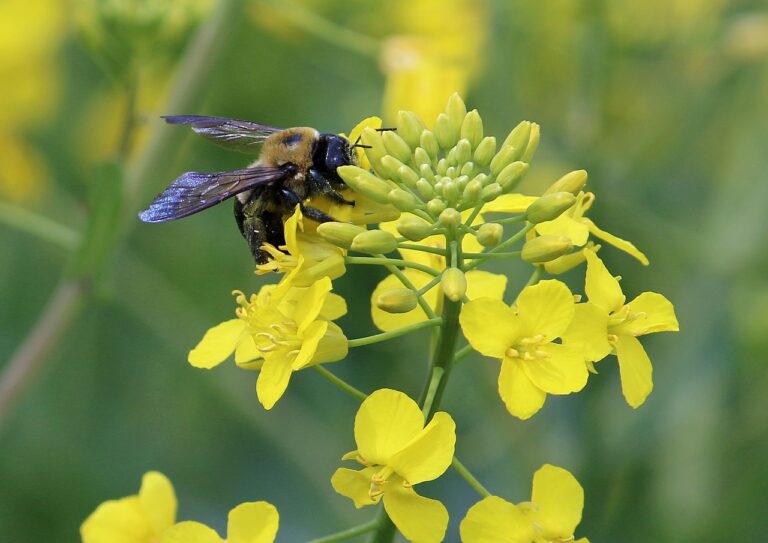Addressing Indigenous Knowledge in Farm Equipment Innovation: All panel login mahadev book, Lotus bhai.com, Laser book 247 com registration
all panel login mahadev book, lotus bhai.com, laser book 247 com registration: Addressing Indigenous Knowledge in Farm Equipment Innovation
In the world of agriculture, innovative farm equipment plays a crucial role in increasing efficiency, productivity, and sustainability. However, when designing and developing new equipment, it is essential to consider the valuable knowledge and practices of Indigenous communities. By incorporating Indigenous knowledge into farm equipment innovation, we can create solutions that are not only effective but also respectful of traditional ways of farming.
Understanding Indigenous Knowledge
Indigenous knowledge refers to the collective knowledge, practices, and beliefs of Indigenous peoples that have been passed down through generations. This knowledge is deeply rooted in a deep connection to the land, sustainable practices, and a holistic approach to farming. Indigenous communities have a wealth of knowledge about local ecosystems, soil health, crop varieties, and traditional farming techniques that can significantly benefit modern agriculture.
Incorporating Indigenous Knowledge into Farm Equipment Innovation
When developing new farm equipment, it is crucial to consult and collaborate with Indigenous communities to integrate their knowledge and practices. This can be done through partnerships, knowledge sharing sessions, and co-design processes. By working together, we can ensure that farm equipment innovations are culturally sensitive, environmentally sustainable, and effective in diverse farming contexts.
Benefits of Incorporating Indigenous Knowledge
There are numerous benefits to incorporating Indigenous knowledge into farm equipment innovation. Firstly, Indigenous practices are often based on centuries of observation and adaptation to local conditions, leading to highly effective and sustainable farming techniques. By incorporating these practices into farm equipment design, we can create tools that are tailored to specific environments and farming systems.
Secondly, integrating Indigenous knowledge can help bridge the gap between modern agriculture and traditional farming practices. By acknowledging and valuing Indigenous knowledge, we can promote cultural diversity, foster intercultural understanding, and support Indigenous communities in preserving their heritage and livelihoods.
FAQs
Q: How can non-Indigenous farmers benefit from incorporating Indigenous knowledge into farm equipment innovation?
A: Non-Indigenous farmers can benefit by learning from Indigenous practices that are sustainable, effective, and adapted to local conditions. By incorporating Indigenous knowledge, farmers can improve their farming practices, increase productivity, and contribute to environmental conservation efforts.
Q: How can farm equipment manufacturers support Indigenous communities in preserving their knowledge and practices?
A: Farm equipment manufacturers can support Indigenous communities by engaging in meaningful partnerships, respecting Indigenous intellectual property rights, and ensuring that benefits are shared equitably. By working together, we can create a more inclusive and sustainable agriculture sector that honors Indigenous knowledge and contributions.
In conclusion, addressing Indigenous knowledge in farm equipment innovation is essential for creating solutions that are effective, sustainable, and culturally sensitive. By integrating Indigenous practices into design processes, we can develop farm equipment that respects traditional ways of farming, promotes environmental stewardship, and supports the well-being of Indigenous communities. Let’s work together to build a more inclusive and collaborative agricultural sector that values the wisdom and expertise of Indigenous peoples.







